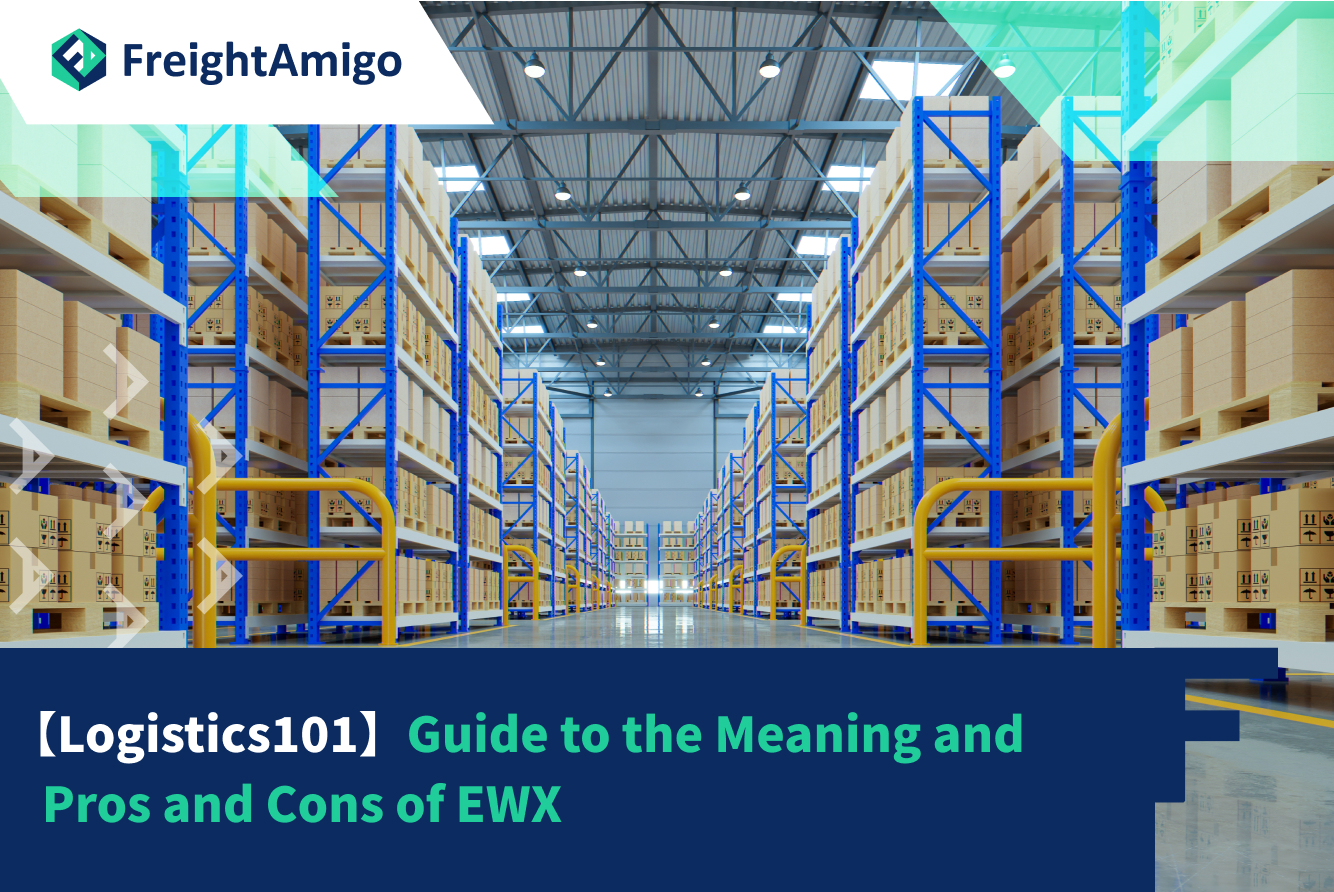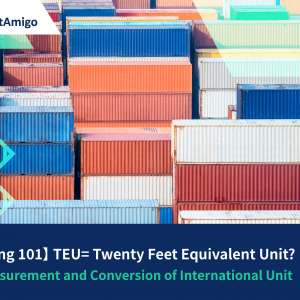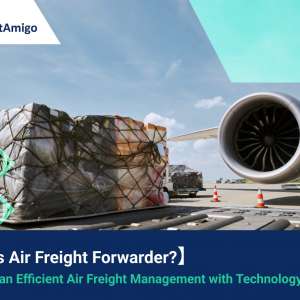Author Name:Tiffany Lee – Marketing Analyst at FreightAmigo
Understanding the benefits and drawbacks of the EXW incoterm is critical to the successful delivery of international shipments. EXW is a commonly used international trade term used to describe a delivery agreement between a seller and a buyer. But do you have a clear understanding of EXW and which trade terms are most suitable for you? This article will introduce the meaning, advantages, and disadvantages of EWX. And what responsibilities does EWX represents for buyers and sellers so that you can more easily understand different trading conditions and find the most suitable one for you.
Want to compare the best Express, Air Freight, Sea Freight, Rail Freight & Trucking rates so as to have better control on cost?
Meaning of EWX
EXW is the abbreviation of “Ex Works” (Ex Works), which is an international trade term used to describe the delivery agreement between the seller and the buyer. According to the EXW terms, the seller only needs to place the goods at its premises or warehouse, and the buyer needs to bear all the costs and risks related to loading, transportation, and customs clearance. The EXW trade term is one of the commonly used terms in international trade, which means that the seller’s responsibility for the goods ends when the goods are provided to the buyer at his designated place, after which the buyer needs to bear all the risks and costs of the goods.
Benefits of EWX
- Cost savings: Under EXW terms, the seller is only responsible for making the goods available at their premises or warehouse. Therefore, the seller can reduce their logistics and administrative costs, making it a cost-effective option for sellers who want to minimize their expenses.
- Greater control for buyers: Buyers who are familiar with international trade and logistics can benefit from using EXW terms as they have greater control over the shipping process. By taking responsibility for loading, transportation, and customs clearance, buyers can ensure that the process is handled correctly and efficiently.
- Flexibility: EXW terms offer greater flexibility for both buyers and sellers in terms of the shipping process. The buyer can choose their preferred shipping method, and carrier and arrange for customs clearance, whereas the seller can focus on preparing the goods for delivery.
- Suitable for small shipments: EXW terms are particularly suitable for small shipments, as they allow buyers to arrange for their own transportation and customs clearance, which can be more cost-effective for small volumes of goods.
Drawbacks of EWX
- Greater responsibility for buyers: Under EXW terms, the buyer is responsible for all costs and risks associated with loading, transportation, and customs clearance. This can be challenging for inexperienced buyers who are not familiar with the export regulations and procedures of the destination country.
- Limited protection for buyers: Once the goods are made available at the seller’s premises, the buyer assumes all risks and responsibilities associated with the goods. Therefore, if the goods are damaged or lost during transportation, the buyer bears the financial risk.
- Potential misunderstandings: The use of EXW incoterm can lead to misunderstandings between buyers and sellers regarding the delivery of goods. In some cases, inexperienced buyers may assume that the seller is responsible for arranging transportation and customs clearance, which can lead to disputes and delays.
- Logistics and administrative burden for buyers: Buyers who are not familiar with international trade and logistics may find it challenging to arrange for transportation and customs clearance, which can be time-consuming and costly.
Differences between EXW and other trade terms
EXW vs FCA
With FCA, the seller is responsible for all tasks completed in its country until the goods are delivered to the carrier at a named location (usually a dock or warehouse). Unless the designated place is a dock, the buyer will be responsible for some tasks in the exporting country. With EXW, the importer is responsible for arranging local transportation and customs clearance
EXW vs FOB
Using FOB the seller must load the goods in the buyer’s mode of transport at the point of shipment and may be responsible for the goods throughout their journey and to their final destination. Whereas with EXW, the seller is not obliged to load the goods using the shipping method specified by the buyer. Instead, the seller must deliver the product to the chosen location, and the buyer must bear the shipping costs.
Tips when using EXW
- The sales contract should expressly mention whether the vendor will help with loading.
- Especially when importing from China, be sure the freight forwarder you choose can arrange export customs clearance.
- The buyer can sell the items to another customer who arranges for pick-up without having to set up a contract of carriage.
- Rather than providing the air waybill or ocean waybill directly, the exporter should give the express receipt or forwarder’s receipt to the buyer’s forwarder in order to prevent any issues.
- Exporters could not be able to certify exports themselves, which could limit their ability to request domestic sales tax breaks.
There are different options for cargo transportation. If you want to choose the most convenient and suitable solution, it is best to have the full support of logistics experts! If you are planning to ship goods overseas, please go to the FreightAmigo page for inquiries.
Extended Readings:
【Logistics101】Benefits and Drawback that you must know of FCL
【Logistics101】Understanding the Differences between FOB and Other Common Terms
【Logistic101】 CIP Meaning and Usage of Incoterms
===
If you have any inquiries on logistics/supply chain, feel free to contact FreightAmigo now:
Chat with us online OR
Phone / WhatsApp: +852 27467839



